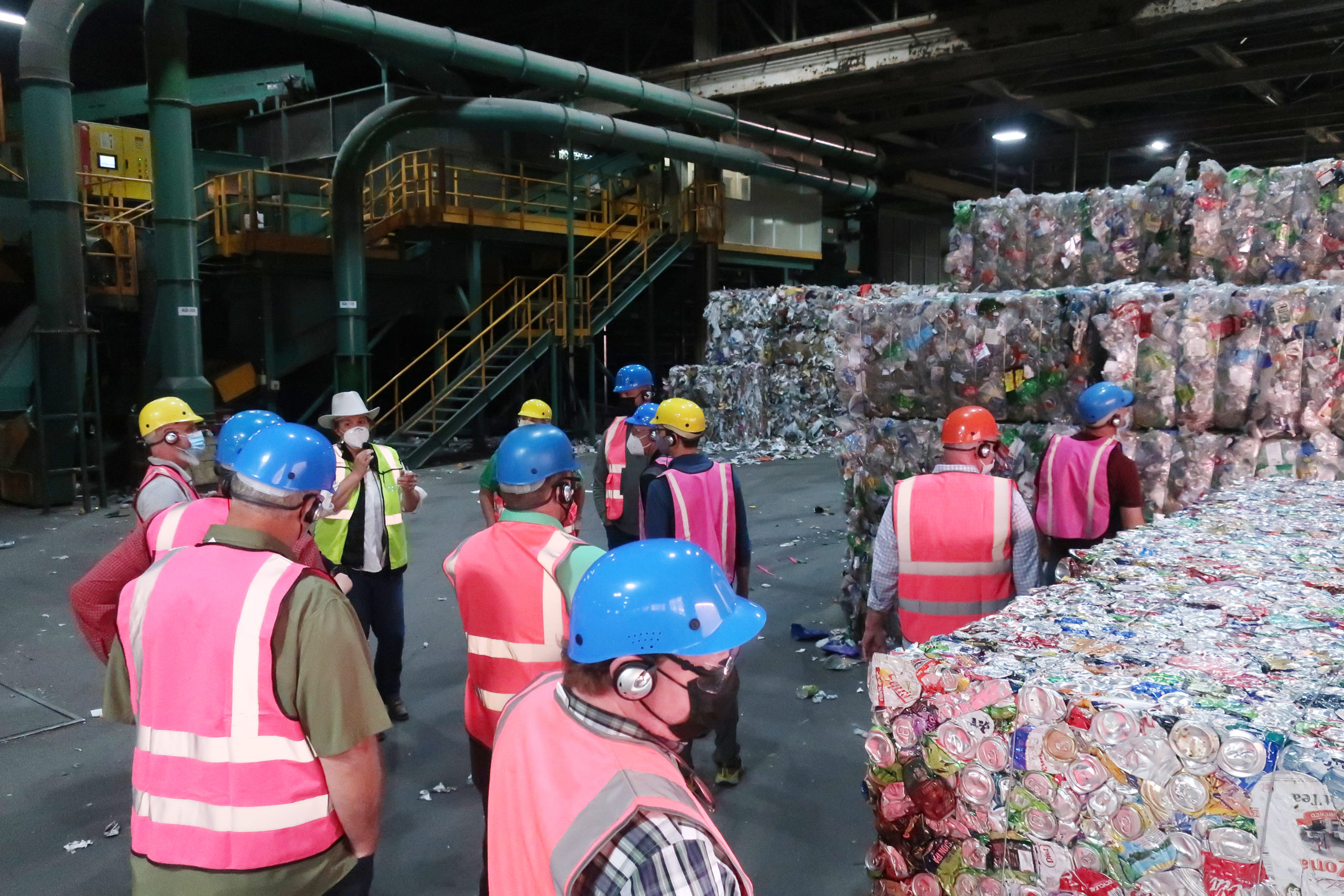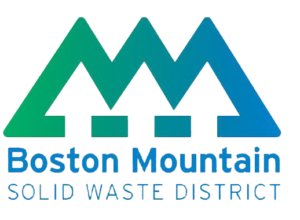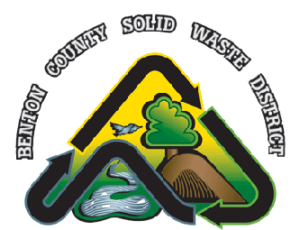As you may know, especially if you moved to Northwest Arkansas from a bigger metro, the region falls in the middle of the pack when it comes to the reach of its recycling programs. Some parts of the country have little to no public recycling for residents, while others offer more programs and collect more kinds of recyclables than NWA — more containers, more organics, even mattresses and furniture. In other words, while NWA does a lot of good work in recycling and can be a model for some communities, we also have plenty to learn from others.
That’s why NWA Recycles, with the support of the Walmart grant that made this whole program possible, last month invited more than a dozen local stakeholders to join a three-day learning trip to several recycling operations in the Minneapolis-St. Paul area of Minnesota. The Twin Cities are home to roughly the same population as all of Arkansas, as well as successful and ambitious recycling systems that stretch throughout the state. Our group included mayors and city officials, waste haulers, solid waste district staff and others who play an important role in recycling.
Minnesota systems’ sheer scale doesn’t mean their insights and methods are beyond Northwest Arkansas’ reach. Our first stops were in Scott County, a suburban part of the metro that’s very similar to NWA in population, its urban-rural mix and other characteristics. There we toured private company Dem-Con’s recycling campus, which separates and processes standard residential recyclables, like cans and bottles, but also scrap metal, roof shingles and the leftovers from construction and demolition projects. We also stopped by the Shakopee Mdewakanton Sioux Community’s Organics Recycling Facility, a major mulching and composting operation that takes in food and yard waste from around the metro. Even a small county can have a big recycling footprint.
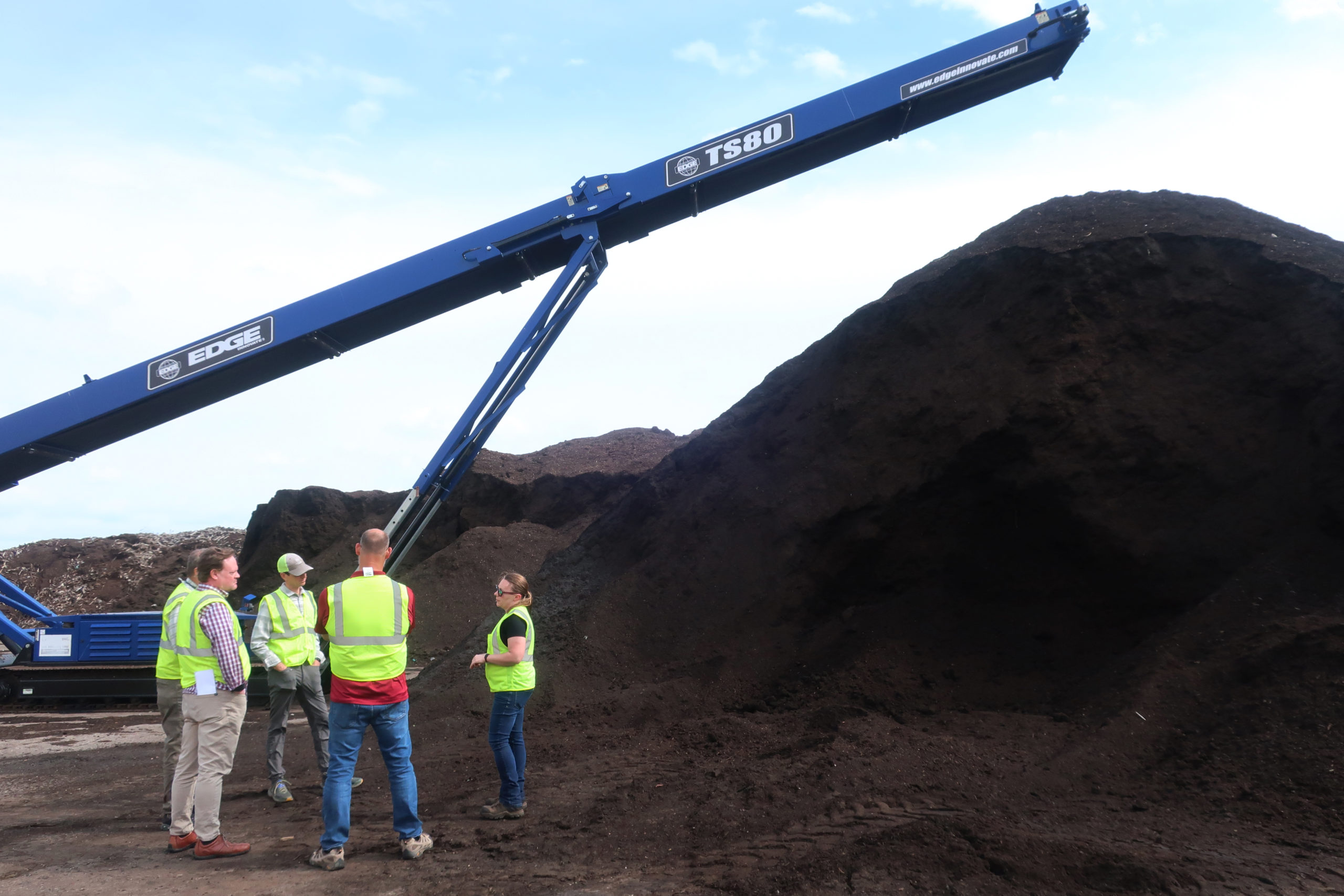
A large mound of compost waits to be sold at the SMSC Organics Recycling Facility in Shakopee, Minnesota.
From there the group went to Minneapolis for several more stops, including:
- Another materials recovery facility for residential recyclables, this time owned by a nonprofit, Eureka Recycling, that works with the packaging and recycling industries to find better recycling policies and methods. Its founders came from Eureka Springs here in Arkansas, the nonprofit’s namesake.
- Second Chance Recycling, a nonprofit that collects hundreds of mattresses a week and breaks them down into wood, steel, fabric and other recyclable components with the help of employees transitioning out of incarceration.
- The University of Minnesota, which runs its own in-house recycling education, collection and processing program for a campus of more than 50,000 students. The university now recycles or composts more than 40% of its total waste.
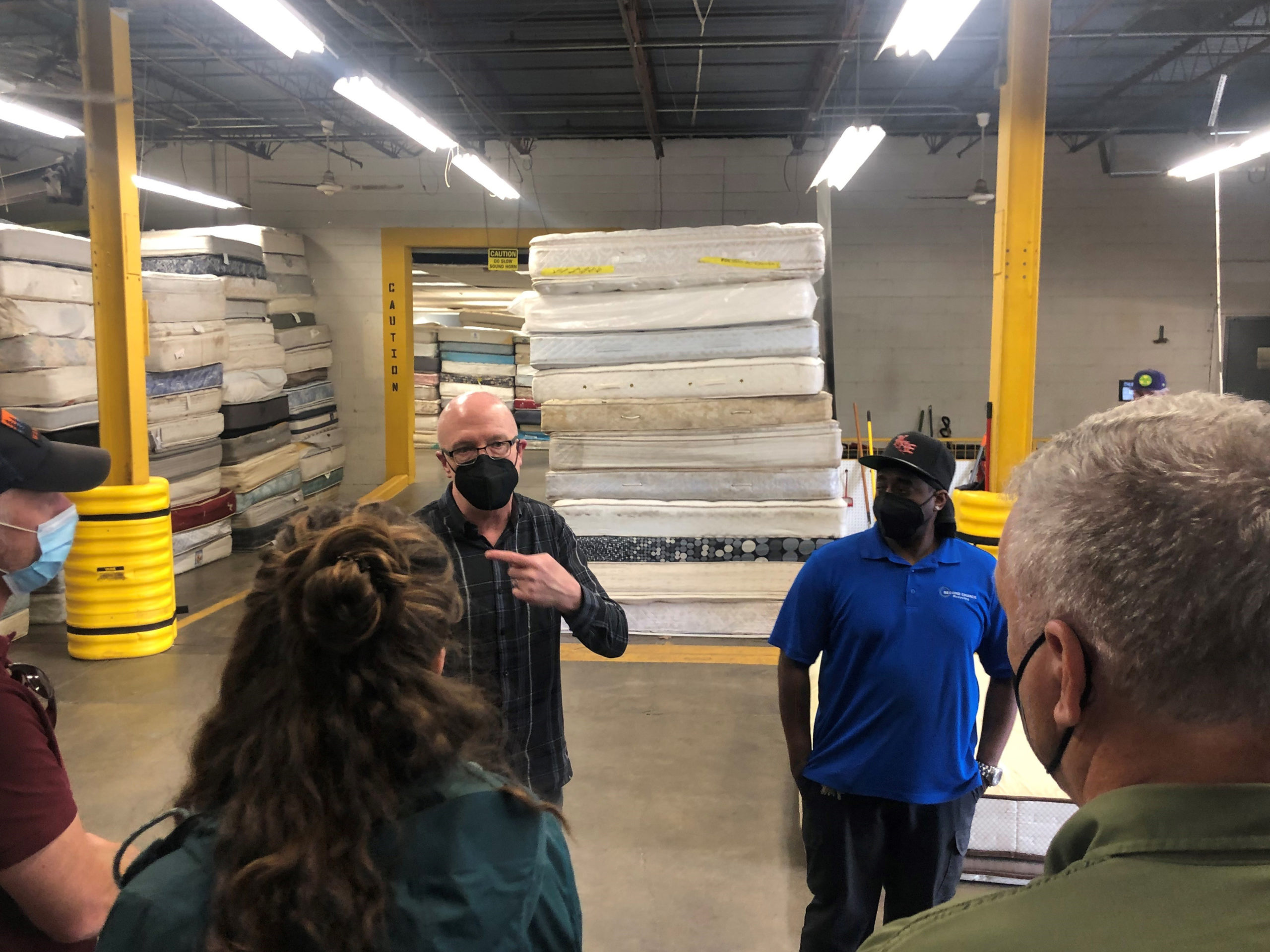
Second Chance Recycling collects mattresses and box springs from throughout the Twin Cities in order to recycle the wood, steel and fabric within them.
The overriding lessons were these: Recyclers that work together extensively and share a consistent, repeated message to the public can recycle more and recycle better (which is what NWA Recycles is all about). The University of Minnesota sends its mattresses to Second Chance, for instance, and its food waste goes to the ORF. And Dem-Con, Eureka and other recovery facilities voluntarily partner with each other and local governments both to accept a consistent slate of materials and to effectively educate millions of people about how to recycle well.
These are things NWA is already working to emulate, and the trip provided several local leaders with ideas and lessons that they’ll share with dozens of other NWA stakeholders later this month to keep the momentum going. The trip helped fuel the fire for accomplishing for more in the coming years. And NWA Recycles is here to help, providing coordination and a region-wide voice in recycling.


